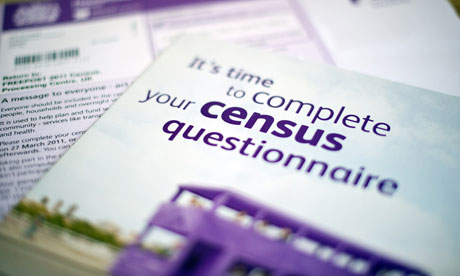A Private Matter

What do Tim Farron’s words about faith, this week, highlight about the way we engage with culture? By Graham Nicholls
Tim Farron has finally answered the question about homosexuality that he had been repeatedly asked over the past couple of weeks. Many Christians will be dismayed by his answer, but it is not my purpose here to engage with how he answered or what that may mean for your vote.
I trust there are Christians around him who are able to pray for and with him and give loving support and counsel and we need to be careful not to write him off as a believer or cease to pray for him as someone in authority.
However, he is a public figure saying that he is a Christian and has articulated a view about faith and theology that is widespread and which we need to question.
In his answers, he has relegated faith to a private matter. It is not for public engagement. It does not shape values. It does not make me who I am. It does not influence policy. It does not need to be discussed publicly. So what is it? Some kind of mystical experience and belief that is disconnected from real life? A sort of sanctuary where we go and retreat for a while and emerge un-altered?
He has also suggested that asking theological questions is just some nit-picking, esoteric hobby for a few eccentrics but not for people who are engaged with the serious business of living in the real world.
“Private faith” is not the kind of Christianity Jesus envisaged. He sends his disciples to preach the good news about the risen Jesus who is Lord and King; to make disciples and teach them. Teach them what? Academic Theology? Philosophy? No, just ordinary stuff like how amazing God is and how to live to please him. Last night at Christ Church we were considering Paul’s letter to Titus where he talks about people who had received “salvation” living out their faith in families, homes, and social settings; and as slaves and masters, “so that in every way they will make the teaching about God our Saviour attractive”.
Theology is not an academic exercise for a few clever people. It’s for everyone. It’s to lead us all to love God and to love people better. It’s supremely practical – or it means nothing.
It is incoherent to propose that what we believe may not affect our views about education, or economics or elections. That’s not to say all Christians would agree on the best policies (or the least bad ones) or that there is only one answer. That’s not to say Christians necessarily need to impose their worldview or ideas of morality by way of legislation. But surely Christians, in politics as anywhere else in their lives, have to state, explain and apply what they believe. We have a view on what it is to be human; on God, and what he requires of us; on family life and the purpose of nation states. It might be the wrong view – God may need to correct us. It is incomplete – we need to learn more but we’ve still got to act on what we believe right now.
In future we will increasingly find ourselves told to keep our faith out of the public square. But truth is something that captures our hearts and compels us to speak and to work out our faith in every corner of life. I need to learn that too.
